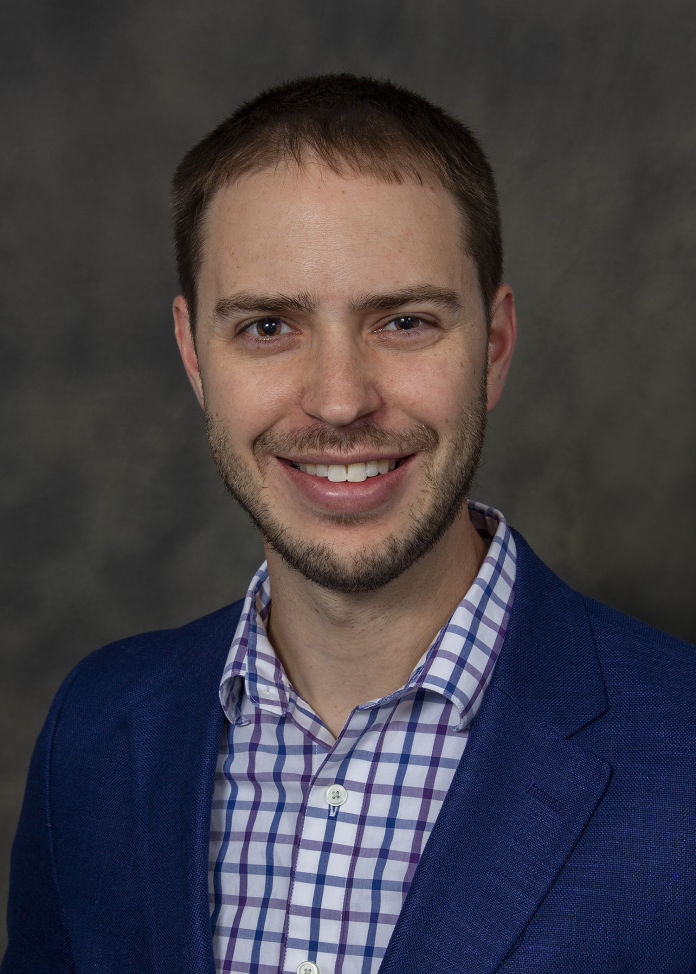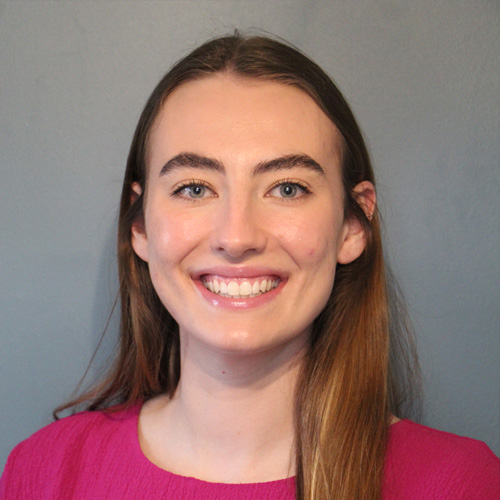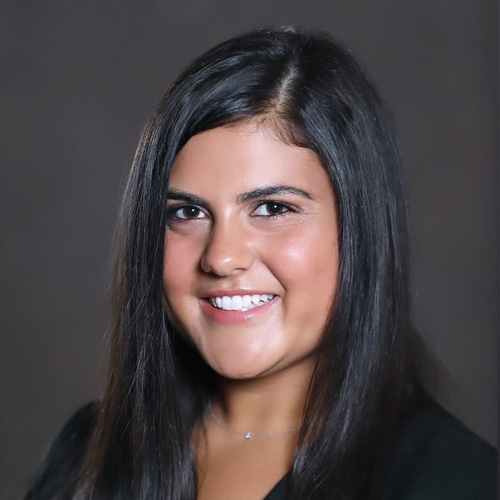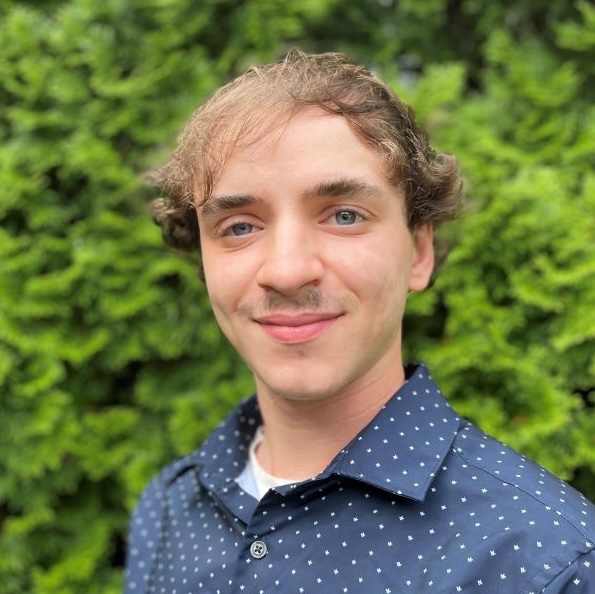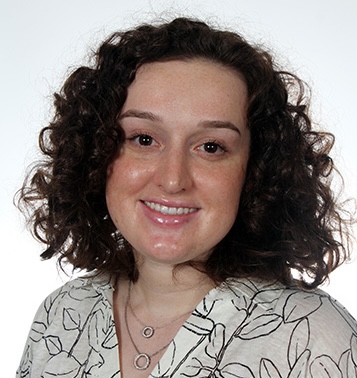RESEARCH
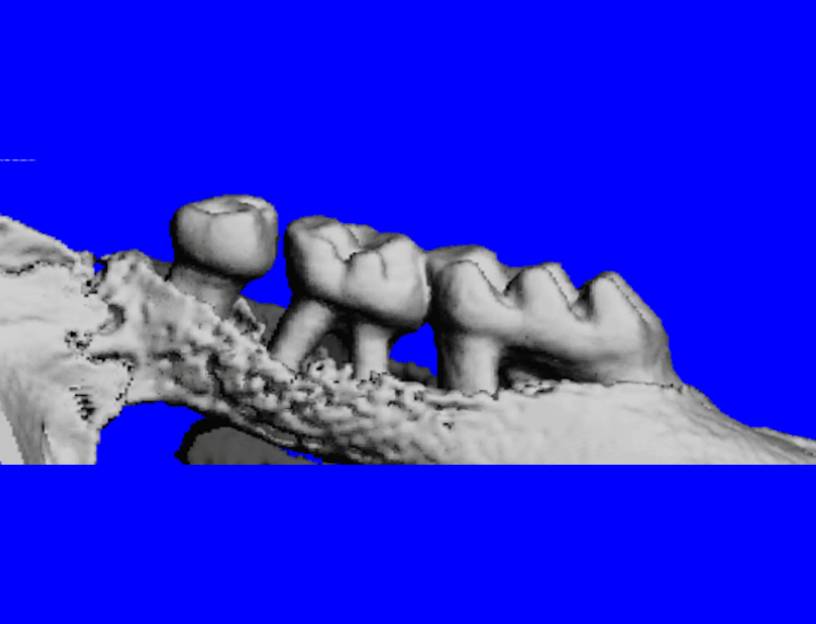
Interfacing oral health with systemic health
Anyone who has needed a root canal or tooth extraction knows how much of an impact these conditions have on how you feel. Epidemiological studies confirm that oral health and systemic health are inseparable. These relationships raise many questions: Can we affect systemic health by maintaining oral health? Does the progression of oral disease change when we have systemic illness? What can we, as engineers, create that can leverage this connection to improve quality of life? The Decker Lab is tackling these questions to create the next generation of biomaterial technologies to interface oral health with systemic health.
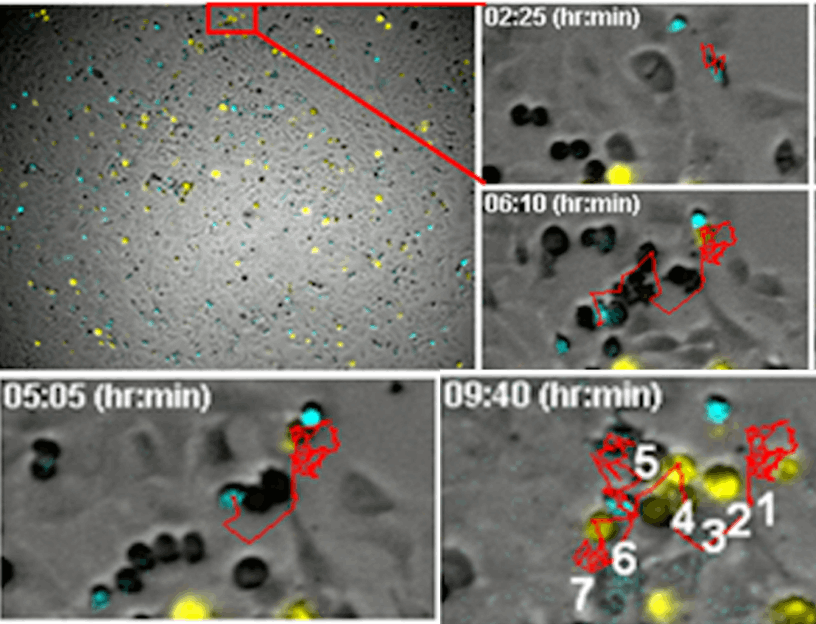
Making safer immunotherapies
Severe side-effects are an unfortunate hallmark in patients receiving chemotherapy. The rapid shift towards immunotherapies has significantly improved survival outcomes for these patients, yet difficulties with toxicities such as cytokine release syndrome (CRS) remain a serious concern. CRS develops from crosstalk between T cells and innate immune cells in the tumor, leading to overactivation of the immune system and serious systemic complications for the patient. The Decker Lab is developing new immunotherapies and biomaterial adjuvants that make these therapies safer.
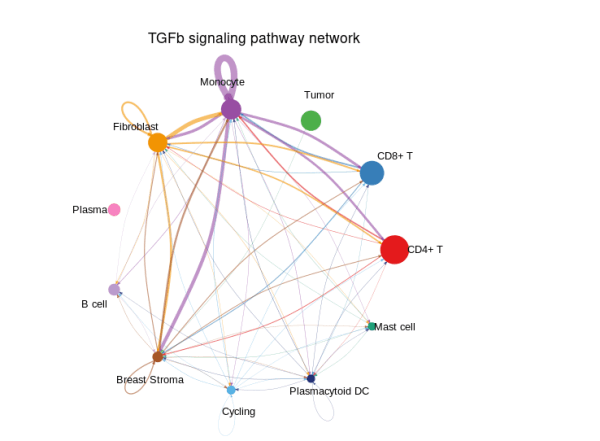
Mapping intercellular signaling networks
Tissues are made of individual cells that constantly communicate to affect that tissue’s specific function. Bone loss in periodontal disease, colonization of disseminated tumor cells, and tissue destruction in autoimmune disease are just three examples of intercellular signaling networks that lead to disease. There is a big difference between observing the effects of a signaling network and understanding the dynamic effects each component has on the overall health of a tissue. The Decker Lab is addressing this problem using live-cell imaging, single-cell biology, and biomaterial science to functionally map and rewire intercellular signaling networks to restore homeostasis in diseased tissues.
